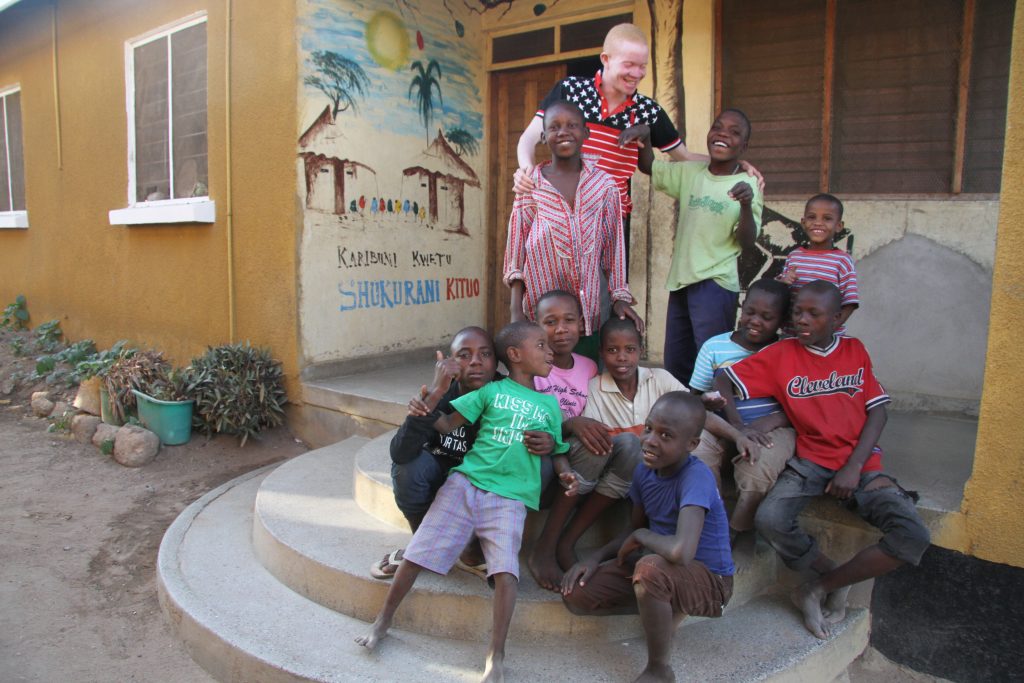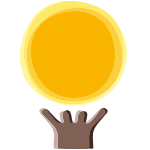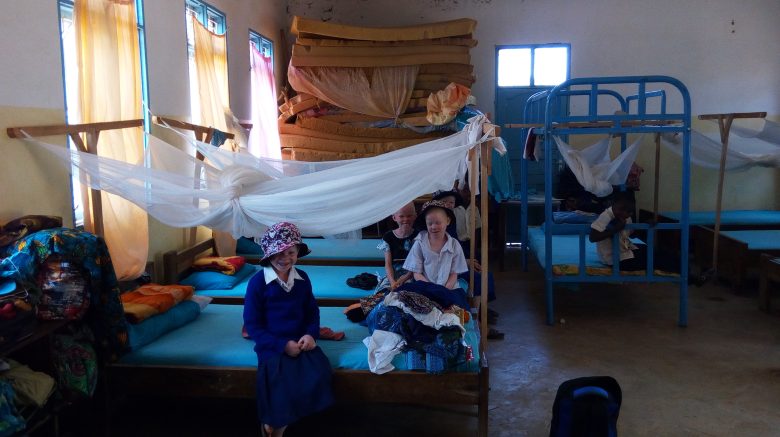Background and problem statement
Children and Persons with Disability are among the most vulnerable and marginalized groups in Tanzania. This is because in most cases the existing public resources are inadequate to support them. The rates of CWD accessibility to education and health are low – only 0.3% of school-enrolled children have a disability (TZ MoEVT 2013). Apart from inadequacies in public resources, most of CWD/PWD families are characterized with high levels of poverty and are in vulnerable environments. They face stigmatization, discrimination by parents, communities and schools. Furthermore, they face physical barriers e.g. Lack of assistive devices and inaccessible school infrastructure; teachers struggling due to the lack of knowledge and materials; hidden disabilities hindering learning abilities due to the lack of support to undergo intensive diagnoses. The lack of access to this basic human right curtails life chances, encouraging the cycle of poverty and exclusion for CWD/PWD to continue. Field experience has indicated that CWDs are the last to be enrolled and the first to drop out of school. But also it has made the participation of people with disabilities in socio-eco-politico environments to be very limited in the Dodoma and Singida region and this is due to the marginalization when the questions of mainstreaming in socio-economic are addressed
Efforts to alleviate the situation
KISEDET is among the concerned and active participants in building the capacities of the children and people with disabilities in becoming self-reliant. Disability is understood to be both a cause and a consequence of poverty – the majority of families with CWD are impoverished. KISEDET, apart from other interventions, has been supportive of the people with disabilities through the economic empowerment programme in Dodoma Region and Itigi (Singida region) for the past few years.
Over the past five years, KIEDET has:
- Incurred the costs of accessing health care and covering the expenses related to 10 children and 5 adults with disabilities.
- It has supported the costs of physiotherapy, prosthesis support and specialized visits in various centres of Tanzania (Dar es Salaam, Dodoma, Ifakara).
- Children and young people with disabilities were enrolled in specialized schools with boarding schools and / or vocational schools.
- It supported the construction of accessible toilets at the Mbabala secondary school (a school that admits adolescents with disabilities supported by KISEDET).
- KISEDET has built a house for Rahel’s family, a girl with disabilities (their house collapsed due to the rains).
- Among its staff, KISEDET counts three employees with disabilities (Anderson, Sesilia and Isaack).
KISEDET has also conducted, through its social workers, in collaboration with the government ones:
- Home visits and psychological support to families with children with disabilities, seminars for families and teachers, regarding the problems connected to the inclusion of children with disabilities, and periodic home and school check-ups that these children and young people attend.
- Provided adequate food support for children with disabilities and their families.
Given the continuous request for assistance from families of children with disabilities, KISEDET plans to ensure support for these families for at least three years by increasing these services through the implementation of this project. All this will be possible through the financing of the Agata Smeralda Project in Florence, which has been earmarked for us thanks to the collaboration that has been going on since 2016.
The interventions and activities planned over the three years are specified below:
- Medication support through the provision of health insurance and surgical costs to 25 children with disabilities (CWDs). An NHIF health insurance which covers a wide range of diagnostics and access to wider examinations normally recommended for CWDs. Some additional cost to access the birth certificate.
- Supply of support devices for various types of disabilities to 10 children such as wheelchairs, joint prostheses.
- Cost support for specialized visits to 12 children, to find out the level and type of disability in four specialized centers.
- Coverage of costs for staying in rehabilitation centers for temporary mental disabilities.
- Physiotherapy and psychological assistance to 10 children in specialized centers.
- Support for 15 children with school materials including Braille material, ear supports, sunglasses and sun protection for albino people etc.
- The support of 4 CWD to access education in boarding schools.
- The support of 10 CWD to attend vocational school.
- Piloting apprenticeship 10.
- The support in the re-modeling of classrooms into friendly and accessible classrooms in schools – structural improvement to add ramps, ventilations and talking class (drawings, naming, score cards/sheet).
- The support in the construction of accessible toilets in schools. Friendly and accessible toilet rooms – one for girls and another for boys to be constructed in each of two primary schools.
- Sessions and seminars with families and teachers on the issues related to the inclusion of children with disabilities.
- Conducting periodic control visits to families and schools.
Provide food support to 10 families with children with disabilities and encourage the creation of micro-credit groups and entrepreneurial micro-projects.


